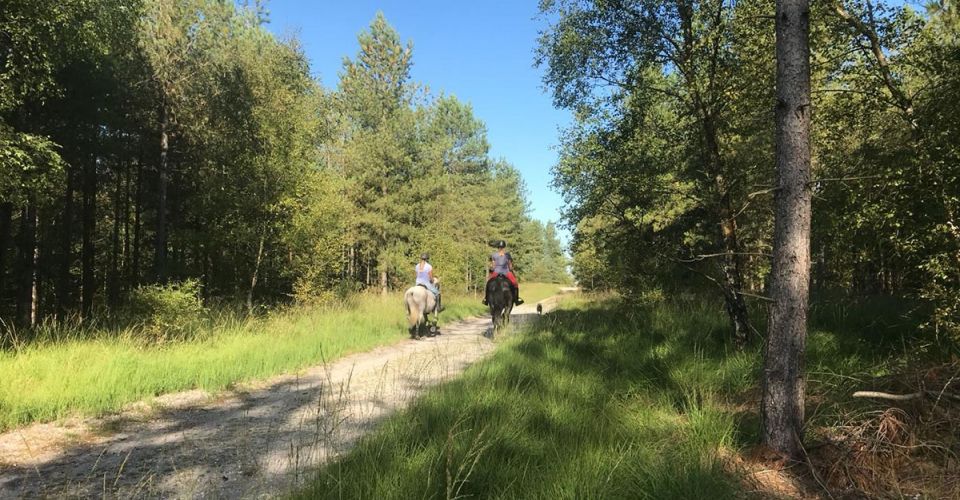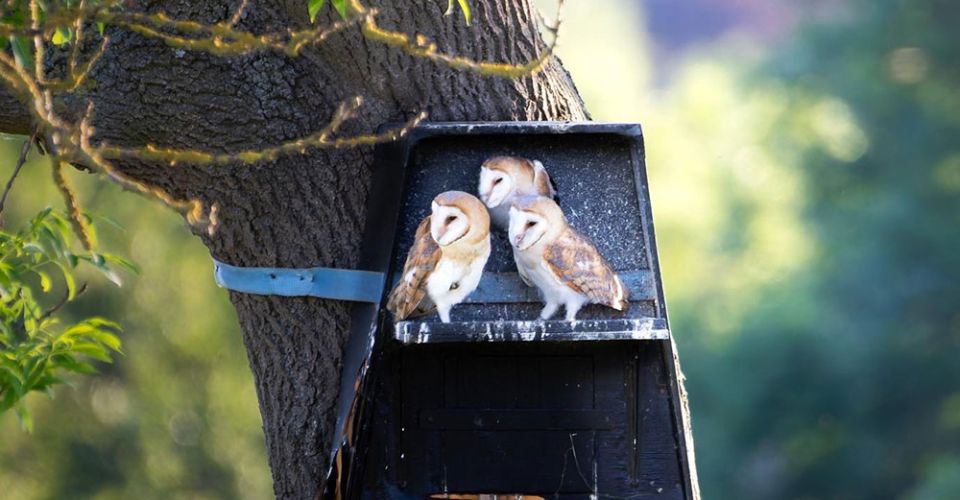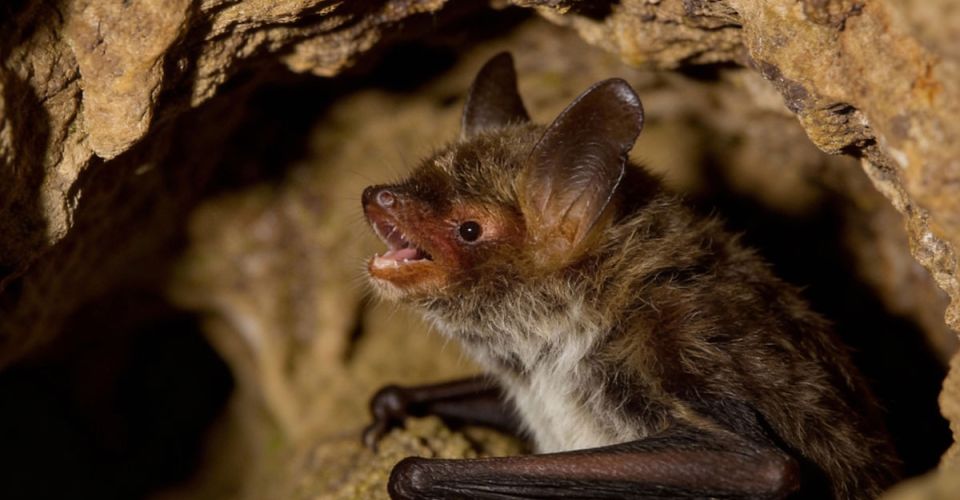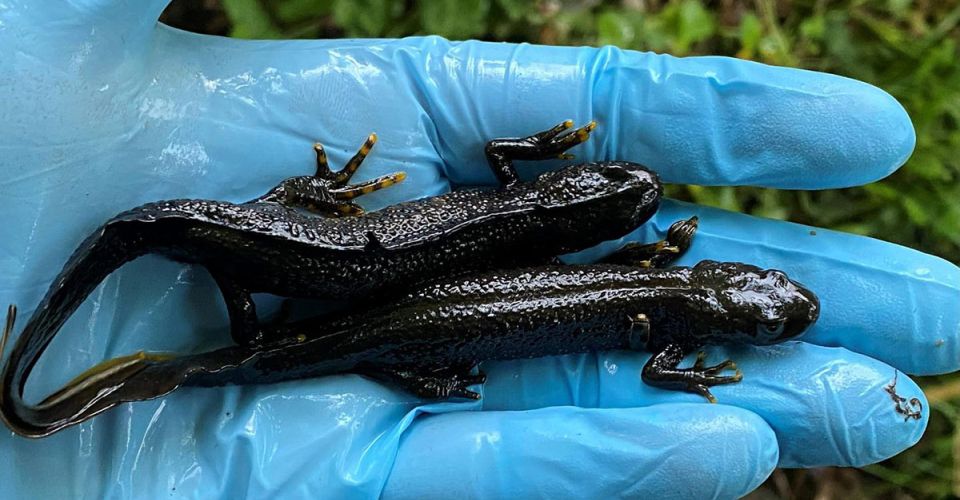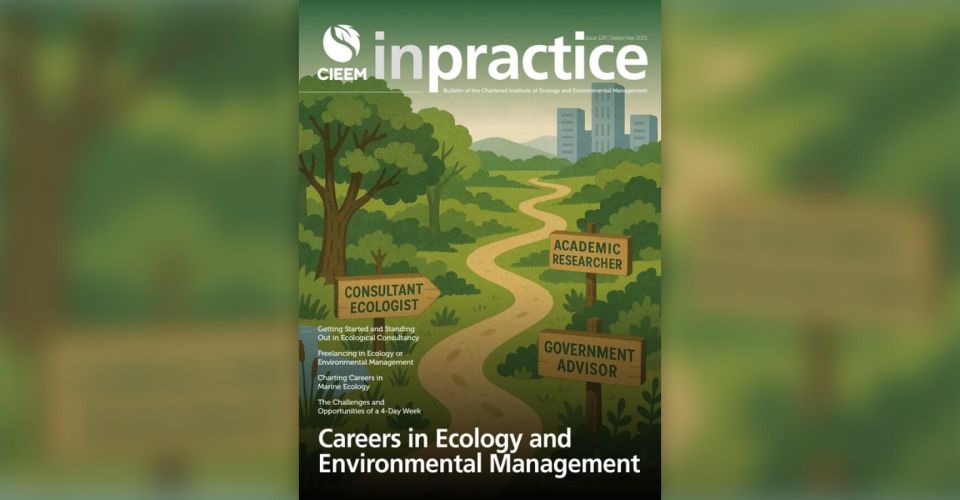What is it Like to Become an Ecologist? Q & A with Beth England

If you enjoy working outdoors and are interested in helping to conserve protected species then a career in Ecological Consultancy could be for you, but how do you become an ecologist and what is it like?
How do you become an ecologist?
In most cases, to become an ecologist you need a bachelor’s degree in Ecology or a similar science. I studied Zoology, which had elements of ecology and conservation within the modules. In some cases, students go on to also complete a master’s degree, and will join a consultancy as a ‘graduate’ ecologist. Some ecologists begin their careers as field assistants, assisting with survey work during the busy survey season. It is also possible to complete an access course if you have a bachelor’s degree in a subject that isn’t relevant to the industry.
Experience is extremely important when beginning a career in Ecology. Volunteering is invaluable for gaining survey experience. Opportunities often appear on social media, so it is worth keeping an eye on ecology and conservation groups. There are opportunities with The Wildlife Trusts and with local conservation groups for species such as bats, dormouse and reptiles. These groups regularly conduct survey and monitoring work which offers a great chance for learning. Some consultancies will also take volunteers and interns.
What is the first year like?
The first year of ecology work is a steep learning curve, and rather different from university life!
I started as an intern at Ecology by Design in April 2019 as part of my master’s degree in ‘Species Identification and Survey Skills’ at The University of Reading. The course is aimed at aspiring ecological consultants and includes modules focussed on identifying species, survey methods and report writing skills. We also went on regular field trips, giving us valuable experience in identifying plant species in the field.
I spent my first survey season gaining experience in conducting protected species surveys and writing reports. I was given the opportunity to interact with clients, prepare quotes and schedule surveys into our online system, giving me a broad experience of working within an ecological consultancy. At the end of the internship, I had to prepare a presentation about a project that I had been involved with and a portfolio documenting all the experience and skills I had gained during the six months. I would recommend keeping a record of surveys you have completed as a way of tracking your progress, as well as for use at job interviews.
I was offered a job after my placement at Ecology by Design and have been a permanent employee ever since. I am currently working towards obtaining protected species survey licences and taking on more complex projects.
What is it like working as an ecologist?
Working as an ecologist offers a varied career with opportunities to interact with some fascinating species and people. In my experience ecologists tend to be positive, outgoing people who wouldn’t let spending all day out in the rain or getting their hair stuck in brambles get them down! This is certainly not the career for you if you are afraid of getting wet and muddy but getting to visit beautiful areas and work in the fresh air certainly makes the mud worth it. Anti-social working hours are unavoidable when conducting bat surveys, and overnight stays are commonplace when working further afield.
How was the transition from student to ecologist?
I enjoyed getting stuck into work after several years at university and submitting a report you have worked hard on to a client rather than a lecturer is very satisfying!
When working on projects for clients, there is a much higher level of responsibility than working on a project at university, clients are paying for a service and it is imperative that this is delivered to the highest standard. Working as an ecologist requires initiative and problem-solving skills to design and implement the best surveys possible, as well as maintaining good client relationships. Undertaking a science degree at university teaches you to write to a high standard. During my master’s degree, I learnt that when writing professional reports, the key is to be as clear and concise as possible.
There are several different routes into ecological consultancy, a rewarding and engaging career with the opportunity to encounter some fantastic animal and plant species, if you can cope with the early mornings and mud!
Beth England has been an ecologist for nearly 2 years now after graduating with a Masters in Species Identification and Survey Skills from University of Reading.
To find out more about Ecology by Design, discover our range of ecological services, read our ecology blog or make an enquiry today.
